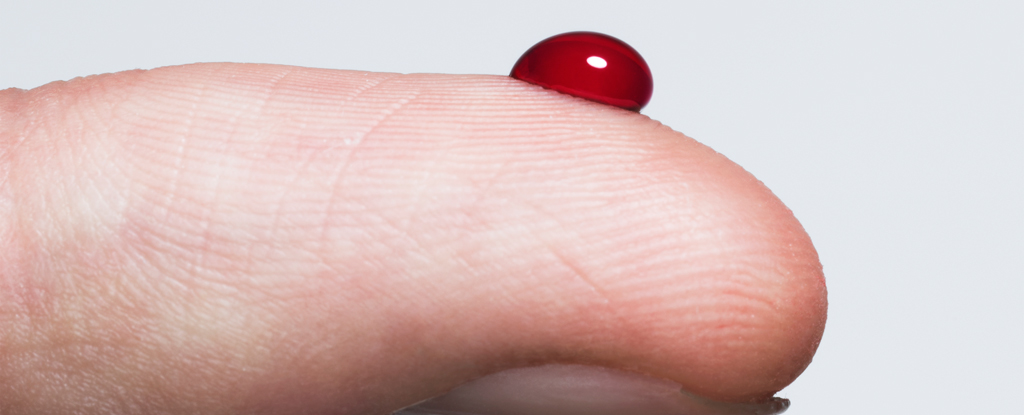
New research reveals how young blood may reverse aging in human skin cells. A team of scientists from Beiersdorf AG, a skin care company based in Germany, conducted a study that demonstrates the potential of young blood serum in rejuvenating aging skin. Using a specialized 3D human skin model, the researchers tested the effects of young blood serum on skin cells, discovering significant anti-aging signals when combined with bone marrow cells.
The serum alone did not show any noticeable impact. However, when bone marrow cells were introduced to the experimental setup, the researchers detected changes that indicate a reversal of aging in the skin cells. This interaction suggests a complex relationship between the young blood serum and the bone marrow cells, which could lead to new insights into anti-aging mechanisms.
Insights into Biological Age Reduction
To evaluate the biological age of the skin tissue, the researchers measured DNA methylation and cell proliferation. The results indicated that treatment with young serum reduced the biological age when compared to aged serum. Biomarkers associated with youthfulness, such as increased metabolic activity and enhanced cell division, were also observed.
Further analysis revealed that 55 distinct proteins were produced by the bone marrow in response to the young blood serum. Notably, seven of these proteins are linked to essential processes like cell renewal and collagen production, which are critical for maintaining youthful skin. The researchers emphasized that these findings could play a key role in understanding the rejuvenating effects of young blood and bone marrow on skin health.
Future Research Directions
The researchers acknowledge the need for further studies in living humans to validate their findings beyond isolated cells in the laboratory. They highlighted the importance of their discovery by stating, “We identified several proteins that might be responsible factors to rejuvenate the skin in our system.” Continued research will be necessary to explore the implications of these proteins for systemic skin rejuvenation and the aging process.
The notion of blood as a means to extend life and restore youth has captivated human imagination for centuries. While tales of vampires may belong to folklore, emerging scientific evidence suggests that the potential for rejuvenation may have a basis in reality. Several studies have indicated that aging may not be an irreversible process; rather, there are ways to reprogram the body to slow down or even reverse the effects of aging.
As the global population ages and life expectancy increases, understanding how to maintain health in later life becomes increasingly critical. This research points toward potential strategies for promoting longevity and delaying age-related diseases. The authors of the study noted the complexity of aging, stating, “Aging is a complex process that significantly contributes to age-related diseases and poses significant challenges for effective interventions.”
Published in the journal Aging, this study adds to the growing body of research focused on combatting the effects of aging and enhancing the quality of life as people grow older. The implications of these findings could pave the way for innovative treatments aimed at improving skin health and overall well-being in the aging population.







